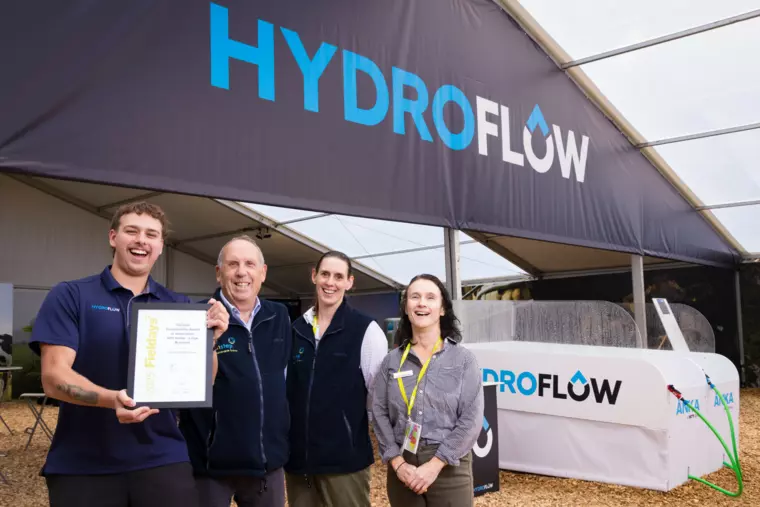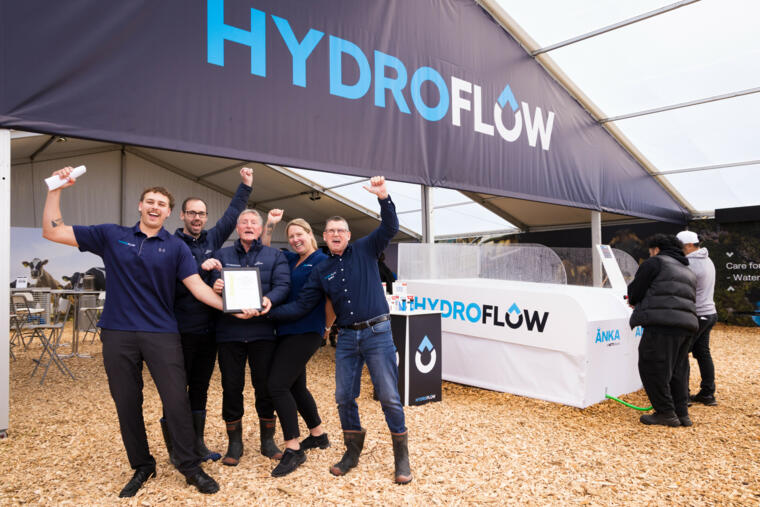
Sustainability Awards
in association with


Your place to shape a sustainable event
Whether you're a small or large exhibitor, entering the Awards will highlight your sustainability efforts at Fieldays and beyond.
The Awards consider:
- Energy Efficiency
- Waste Reduction Planning
- Sustainable Transportation
- Educational Efforts & Accreditation
- Sustainable Site Design
- Additional Sustainability Efforts
Awards information
Fieldays exhibitors can enter the Fieldays Sustainability Awards.
Sustainability Awards categories
Exhibitors can enter the Awards under the following categories:
- Large business
- Small to medium business
Site judging
Judges will visit finalists' sites during Fieldays (Wednesday and Thursday) to verify and evaluate your efforts.
The winners will be announced on Friday 12 June at 1pm.
Prizes
Winners will share in up to $10,000 of services from Instep, recieve a certificate, and recognition on the Fieldays website and social media channels.
Enter
1. Review the Sustainable Exhibitor Framework. It outlines achievable sustainability goals for Fieldays, helping you consider the actions you’d like to implement. This framework focuses only on your Fieldays operations—not your year-round activities.
2. Let us know if you would like to enter the Sustainability Awards in association with Instep, in the Exhibitor Portal.
3. We will send you a link to complete the Sustainability Awards entry form.
| Form name | Status | Due |
|---|---|---|
| Sustainability Awards entry form | Open | 30 April |
4. Your entry will be scored and finalists will be announced before Fieldays commences. This gives you a chance to promote your site as a finalist. Winners will be announced on Friday 12 June.
Sustainability Award Judges
Meet our expert judges—sustainability leaders with extensive industry knowledge guiding the awards process.

Alisha Black
Scientist and Technical Director of Instep

Angelica Jamilan
Business Development Manager of Instep

Janine Frohlich-Monk
Community & Sustainability Executive at New Zealand National Fieldays Society







